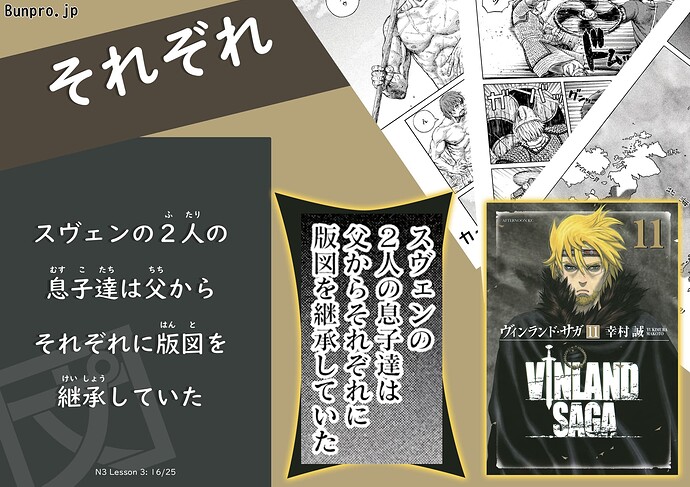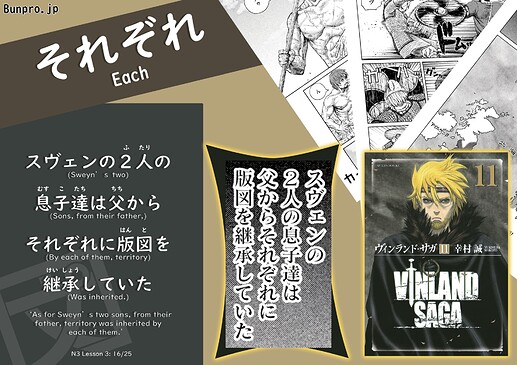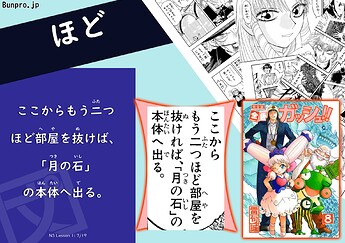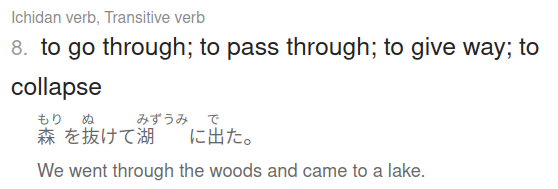Found some fun Kyoto-ben phrases!
Kyo-kotoba Collection
From:
Kyoto Dialect - Phrases & Greetings - Japanese Lesson
うち (Uchi): Uchi is used by women in Kyoto, which means “I”. The accent is placed on “う”.
> I’ve actually heard girls in Tokyo using うち (uchi), too, some of whom I know for a fact are not from Kyoto. But that was pretty rare. In Tokyo I heard あたし (atashi) used by girls most often. – Niko
あがる (Agaru): Agaru means go north. And さがる (Sagaru) means go south.
あじない (Ajinai): Ajinai is a slightly (and I mean just slightly) polite way to say “this doesn’t taste good”.
あめさん (Amesan): Amesan means a candy. In Osaka, people use ちゃん (chan) instead of さん.
いけず (Ikezu): Ikezu is used when you feel someone is mean to you.
いちはなだって (Ichihanadatte): Ichihanadatte means “first”. For example, コンビニに行くと、いちはなだってジュースをかう (First thing I do at a convenience store is to buy a juice).
いぬ (Inu): This is a verb used to mean “to go home”.
いらち (Irachi): Irachi means “impetuous” or “impatient”, and sometimes it refers to a person with these characteristics. The accent is on ら.
— え (– e): This is an ending, which falls into — よ (yo) in the standard Japanese. For example, そんなことしたらケガするえ (If you do such a thing, you will get injured).
えんばんと (Enbanto): Enbanto means unfortunately.
おす (Osu): This is basically a be verb. どす is also used for the same meaning.
おぶづけ (Obuzuke): Obuzuke is a Ochazuke. Ochazuke is a typical and casual Japanese food, which you pour tea over rice with some ingredients such as sea weed.
きばる (Kibaru): Kibaru is Kyoto version of がんばる (Gambaru).
ごもく (Gomoku): Gomoku means garbage. In the standard Japanese, it is ごみ (Gomi).
— し (– Shi): — Shi is a particle, which means “and so”.
じゅんさい (Jyunsai): Jyunsai is usually used as adverb like Jyunsai na. Jyunsai is a name of the slippery plant. Originally, Jyunsai na means “hard to grasp”, but now it means “irresponsible”.
ちょちょこばる (Chochokobaru): Chochokobaru is a verb which means “sit down”.
なおす (Naosu): なおす is a verb which has two different meanings. 1. Put away and 2. Fix (this is the standard Japanese).
にぬき (Ninuki): Ninuki is a boiled egg in Kyo-kotoba.
ねぶる (Neburu): Neburu means to lick.
— はん (– han): — han is an ending to names, which basically has the same meaning with — さん (– san).
はんなり (Hannari): Hannari could be the most famous Kyo-kotoba. This is a word to describe the elegant and bright.
ほかす (Hokasu): Hokasu means “to discard”.
## Unique Greetings in Kyoto
おいでやす (Oideyasu): Welcome!
> I was talking to Rei, and she was probably most familiar with this greeting, おいでやす (oideyasu).
>
>
>
> She said that she pictures a 舞妓さん (maikosan) saying these phrases. I have no idea how to translate maiko. Wikipedia says that a maiko is an apprentice geiko, which is somehow different than a geisha.
>
>
>
> This is basically the Kyoto version of いらっしゃいませ (irasshaimase), which you’ll hear shop workers all across Japan yelling out every time someone walks through their doors.
>
>
>
> One easy way to remember this phrase might be to think of おいで (oide), which is a very casual way of saying “Come here.” Very casual. Like, you could say it to a kid, or a dog, or your boyfriend, but under no circumstances should you say it to your boss. – Niko
おこしやす (Okoshiyasu): Okoshiyasu also means welcome.
> I don’t actually know if this is correct, but the way I chose to remember this phrase is to think of お越しください (okoshi kudasai), which is a very polite way of saying “Come (here).” So sometimes you’ll see or hear phrases like this:
>
>
>
> またお越しください
> mata okoshi kudasai
> Please come again.
>
>
>
> Actually, if we’re talking about a convenience store or something, they would probably snap 〜ませ (~mase) onto the end of it, making it a bit more formal:
>
>
>
> またお越しくださいませ
> mata okoshi kudasaimase
> Please come again.
おやかまっさん (Oyakamassan): This greeting is usually used when you leave someone’s place, and it means “thank you for your time”.
はばかりさん (Habakarisan): Habakarisan‘s meaning is closed to ごくろうさま (Gokurosama). It means “thank you for your effort”.





